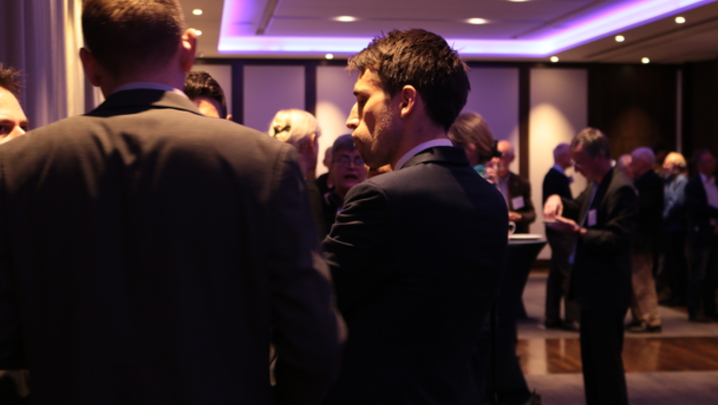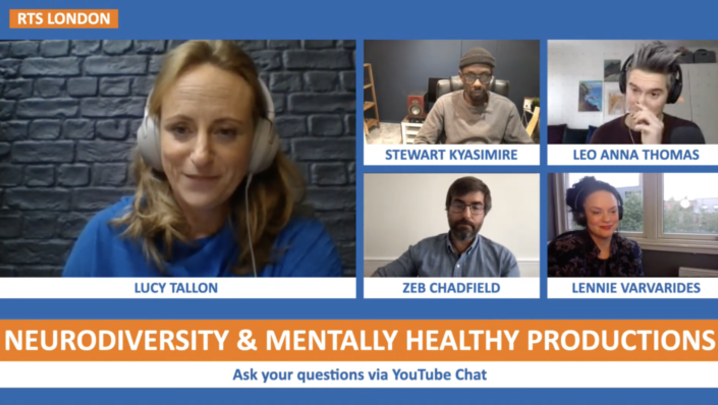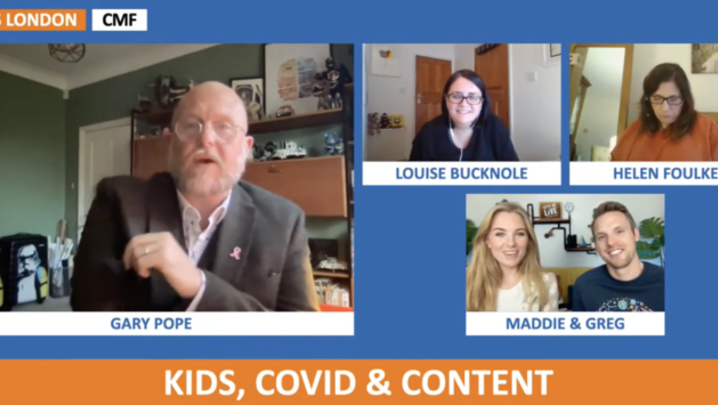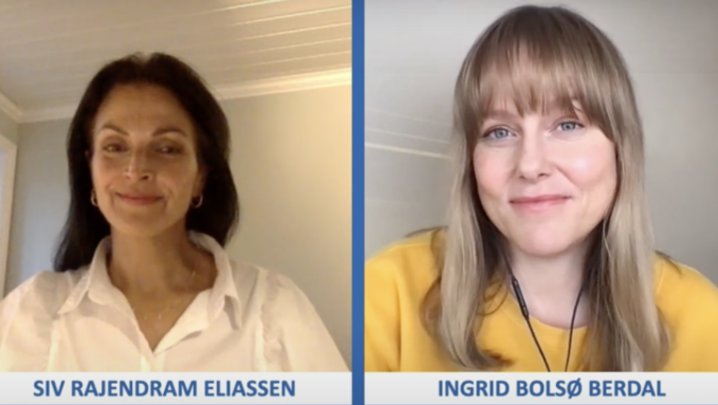In mid-October, a joint RTS London/Institution of Engineering and Technology (IET) event looked at one of the centrepieces of IBC’s Virtual Showcase; the IBC Accelerator Media Innovation Programme.
Normally at this time of year, RTS London partners with the IET to review the International Broadcast Convention in Amsterdam. However, IBC was yet another victim of Covid-19, with events moving online.
Accelerators are fast-track, collaborative innovation projects that address complex media and entertainment industry business and technology challenges. There were eight IBC projects this year, running for around five months.
Programme leads Muki Kulhan and Mark Smith chaired the RTS/IET session, offering examples of collaboration between broadcasters, studios and content providers (champions); project teams (co-champions); and vendors, manufacturers and suppliers (participants).
Sandy McIntyre, vice-president news at Associated Press, talked about “AI-automated video shotlisting”, and the use of artificial intelligence in live content moderation, particularly with regard to extreme violence, to “predict what might happen later in the video… We’ve been able to create a green/amber/red traffic-light system”.
Kulhan reported on the IBC Accelerator exploring “virtual and interactive live music talent shows”, which aims to “create a place that is safe and accessible for everyone” using real-time user-generated content.
“5G remote production”, led by BBC R&D’s Ian Wagdin, is particularly timely. Initial research into networks and AI cameras has developed into a highly complex “proof of concept” set-up across Amsterdam and London to prove the ecosystem works. Collaboration with the European Broadcasting Union is seen as key, with the next steps to be agreed.
“Animation production: XR (extended reality) immersive and real-time workflows” can immerse designers in their own created world, consultant Rafi Nizam explained. It enables them to animate content in real time, in their normal environment. “Every artist can have a render farm in their own computer,” said IT project manager Mladen Djukic. Work will continue on this accelerator into 2021.
The “TV delivered as objects” project was described by ITV principal architect Tim Davis as a way to “take what we consider to be TV services, break them down into their constituent parts … then re-combine them much closer to the user”. He added: “Everyone can innovate … It’s a very egalitarian system.”
Another international project, led by MovieLabs, is aiming to create a usable VFX archive for 3D components, while “5G centralised streaming for location-based virtual reality” is seen as a “game-changer for VR”.
Terry Marsh and Phil Barnes produced the event for RTS London.







